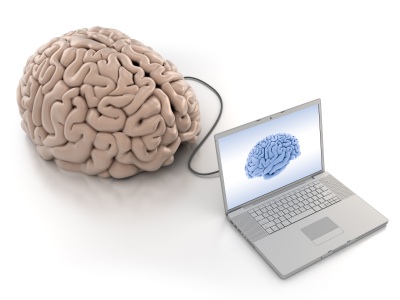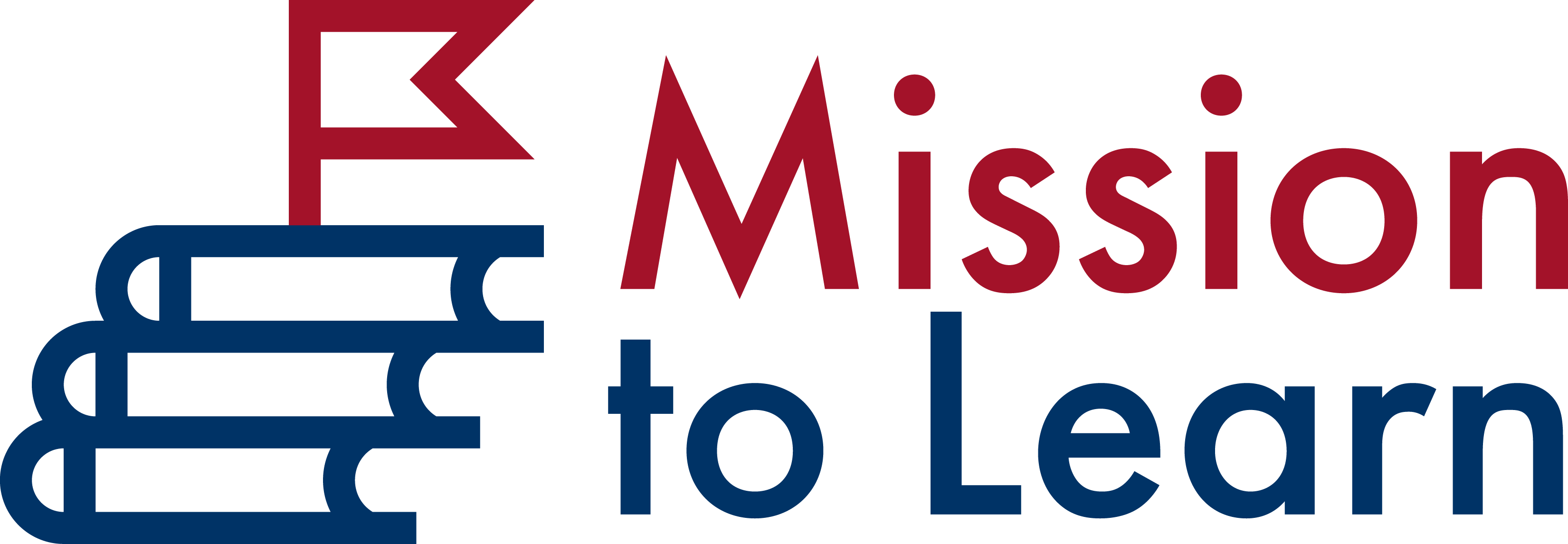Issue 7 – December 1, 2020
Your brain is, of course, central to all your learning efforts, but how much do you know about optimizing its potential?
As we turn the corner toward a new year, this seemed like a good time to turn some attention to the brain and perhaps consider how we might support it – and by extension, our learning – better in 2021.
So, it is with that goal in mind that I have pulled together the items for the edition of the newsletter.
Enjoy.
1: Seven and a Half Lessons About the Brain
Building a better brain starts with actually understanding your brain better. For that, I highly recommend this recent book from highly respected neuroscientist Lisa Feldman Barrett. It’s worth purchasing and reading in full, but the post I link to below on The Next Big Idea Club provides a quick rundown of five key ideas:
- Your brain is not for thinking
- The only animal with a lizard brain is a lizard
- Little brains wire themselves to their world
- Your brain does not react—it predicts
- Words can have a powerful effect on your body
As you might expect, I particularly like that last one. Read the article – or watch the video it features of Feldman Barrett – to get fuller explanations.
2: The Power of Exercise
I’m increasingly of the opinion that exercise is one of the closest approximations to a miracle drug that we have. It’s overall impact on our health and well-being is tremendous, and the brain is one of the major beneficiaries of that impact. This article in The Conversation highlights three essential ways in which regular exercise support brain function: bolstering memory, improving blood flow, and decreasing inflammation (the root of so many chronic diseases). All of this just adds to my long-time belief in the learning walk as one of the most powerful habits in the committed lifelong learner’s toolbox.
3: Sleep On It
Perhaps the only thing that trumps exercise when it comes to brain health is sleep. I’ve written before about the very tight connection between sleep, learning, and memory and new research out of Boston University Labs sheds even more light on how sleep does its work. We’ve known for a while that the brain cleans out toxins while we sleep, but this latest study shows how that happens. The bottom line is that getting enough sleep – and getting high quality sleep – is essential for day-to-day performance as well as for long term brain health.
4: Protect Your Gut to Protect Your Brain
Okay, having brought sleep and exercise into the conversation, I can hardly leave out diet – specifically, the role that our “gut” plays in relation to our brains. Many people don’t realize it, but our guts – i.e., our intestinal tract – contain more than 5 times the number of neurons that our brains do and information is continually passing back and forth between these neurons and the brain. As a result, keeping the gut in good health is essential, and a major part of doing that is putting the right types of food into our bodies. This article from Kwik Learning provides a brief overview of what’s involved.
5: A Little Boredom is Good
If the last three items have you thinking that building a better brain is a lot of work, take heart: it actually pays to do very little and actually be bored sometimes. Of course, achieving boredom can actually take some work these days. We are all constantly bombarded with new information – usually through our digital devices – and multitasking is a way of life for most people. This article in EdSurge highlights how journalist Manoush Zomorodi experimented with – and got her followers to experiment with – simply “spacing out.” One result of her work was a book you may want to check out – Bored and Brilliant – but a key takeaway the article offers is that it can be powerful to set “information goals” to help prevent the information overload and over-stimulation that keep our brains from being as effective as they could be.
What’s Your Take?
I hope you find the resources offered here useful. Before we part ways for this edition, I’d like to encourage you to hit reply and share any details you are willing to on your own building and maintaining your brain power.
And, as always, if you have questions or I can be of help in any way, just let me know.
Best regards,
Jeff






